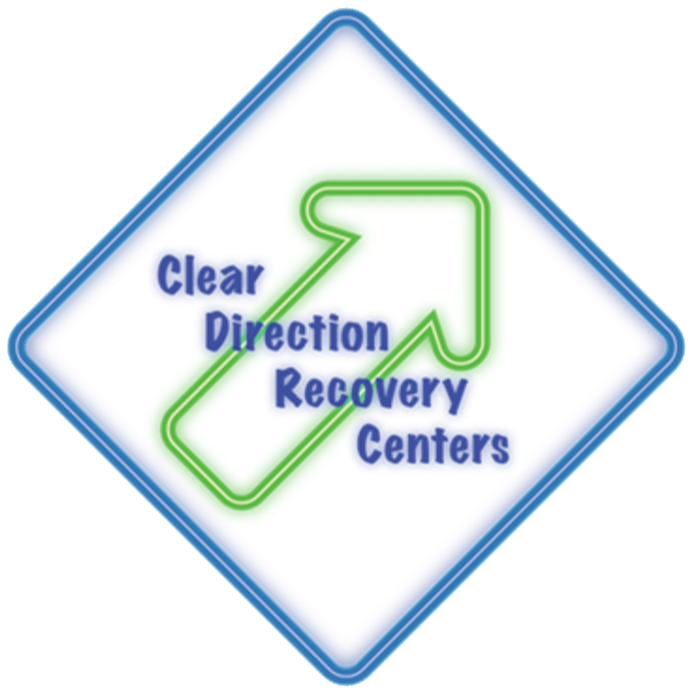FAQs
Clear Direction Recovery Centers
Have an outpatient treatment-related question? Clear Direction Recovery Centers has the answer. Check out these FAQs and give us a call today for more information!
-
Do you have a daily structured schedule?
PHP treatment follows a specific schedule. This structure is important for those in recovery because it helps build new healthy habits. The routine also supports sobriety and ensures that each individual receives the intensive treatment they need.
-
What are your therapeutic activities?
In conjunction with our clinical treatments, CDRC offers holistic therapies such as yoga and meditation to help individuals connect with themselves and learn self-regulation. Exercise is also very beneficial for those in addiction treatment because it improves both mental and physical health.
-
Do you offer intensive therapy sessions?
PHP involves psychotherapy to address the root issues of an individual’s addiction and teach them how to manage their cravings. The most common therapies used for addiction treatment are cognitive-behavioral therapy and dialectical behavior therapy. CBT trains your brain to replace negative thoughts and behaviors that enable the substance use problem with positive thoughts and behaviors that will support long-term recovery. DBT focuses on self-regulation and coping skills.
-
What is psychoeducation on addiction?
Usually, in group therapy sessions, individuals will receive education on addiction topics. Rehab centers like to focus on relapse prevention methods and developing life skills that will help a person stay sober after they complete treatment. Psychoeducation also involves getting to practice the coping skills people work on in individual therapy.
-
Do you offer medication management?
If applicable, PHP includes medication management. This treatment path often applies to individuals who have a co-occurring mental health disorder and receive medication for it. Medication management involves regular check-ins and evaluations to adjust medication as needed.
-
How does family involvement and support help?
Building a strong support system is important for anyone in recovery because once they complete outpatient treatment and return permanently to their daily life, they will still require support to maintain their recovery. Partial hospitalization programs incorporate family therapy or outreach with family members to facilitate a healthy relationship and teach an individual’s support system about addiction and how they can help their loved one recover. The rehab center will also provide support and provide an individual with community resources or an alumni program to ensure that their recovery continues to have support after treatment.
Business Hours
- Mon - Thu
- -
- Friday
- -
- Sat - Sun
- Closed
Available 24/7

Share On: